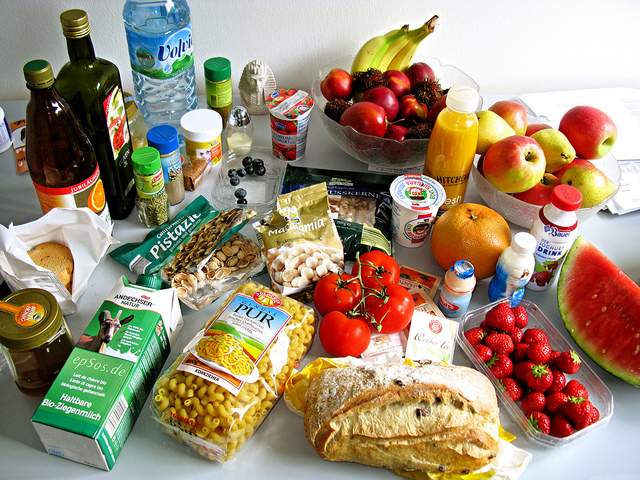Making sure that your child gets a balanced diet isn’t as simple as simply feeding them whatever comes to mind. You should know which vitamins and minerals are essential to their health and which foods are the best sources. There are many nutrients that are crucial to your child’s health. And, although they’re likely to get them in their diet without too much planning, you should still make sure they’re getting enough of each.
Vitamin A
Vitamin A is important for vision and bone growth. Vitamin A deficiency can cause night blindness and is quite common in developing countries. Vitamin A also helps to protect the body from infections, and a lack of it can make children more susceptible for illness. It also promotes the growth and help of nails, hair and skin. Many fruits and vegetables are good sources of vitamin A, including carrot, spinach and butternut squash.
Vitamin C
Vitamin C supports your child’s growth and development. It helps to form and repair red blood cells, bones and tissues. It helps gums to stay healthy and strengthens red blood cells, which helps to minimize bruising. It helps wounds to heal, boosts the immune system and keeps infections away. You child can get their necessary vitamin C from citrus fruits, broccoli, strawberries and potato.
Zinc
More than 70 enzymes that aid digestion and metabolism need to use zinc. A zinc deficiency can stunt growth in children, though they’re rare in the States. Good sources of zinc include beef, almonds, yogurt and oatmeal. There are also other ways to help support your child’s digestion, including probiotics, which you can get in yogurts or supplements.
Calcium
Calcium is essential for strong bones and teeth. It promotes healthy muscles and nerves and helps blood to clot, as well as helping to turn food into energy. Make sure your child gets their daily calcium intake by giving them lots of dairy products, including milk, yogurt and cheese. You can also find calcium in tofu, whole grain bread and cooked spinach.
Vitamin D
Once your child is getting enough calcium, they also need vitamin D to help them absorb it. Vitamin D also helps your child’s body to absorb other minerals and is essential for strong teeth and bones. It also works as a hormone and helps to support the immune system, insulin production and cell growth regulation. Your child’s body can produce vitamin D when they’re in the sun, but you should be careful about too much sun exposure. You can also get vitamin D from other sources, such as salmon, tuna, mackerel or foods fortified for vitamin D.
Iron
Your child’s body needs iron to produce hemoglobin, which is the red pigment in blood that carries oxygen. It also helps to make myoglobin, which stores oxygen in muscles. A lack of iron can result in anemia, which causes tiredness and weakness. Iron is essential to brain development. So severe anemia can be life threatening and have long-term cognitive effects. Make sure your child gets enough iron by feeding them tofu, soybeans, beef, kidney beans and whole wheat bread.







Speak Your Mind